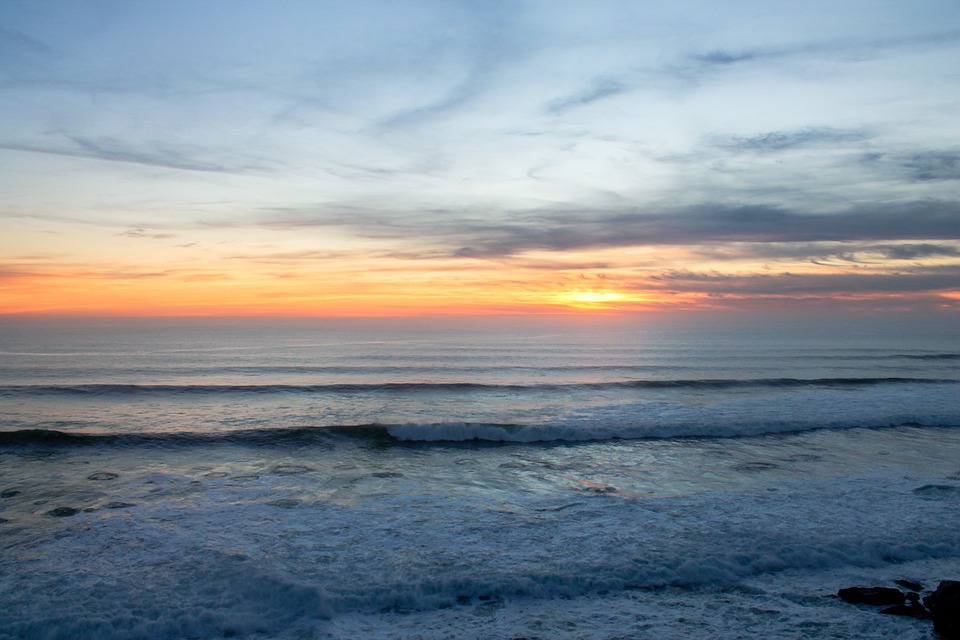Our fates are tied to the fate of our oceans, which generate half of the world’s oxygen, as well as provide water, food, recreation, culture, and some $24 trillion of the global economy. But ocean life is under threat by multiple stressors — climate change, acidification, plastics, pollution, overfishing, overexploitation, and dead zones.
In this roundtable discussion, top scholars reveal and explain the realities facing our seas and the strides we are making to protect, restore and recover our seas.
Are we heading to a tipping point? How can we monitor disaster risk in rapidly changing marine environments? What can we do to restore our seas and build resilience? How can we integrate mātauranga Māori into our approach to marine science? What part do we all play in protecting and guarding the future of our seas?
Joining Maria Armoudian to discuss the future of our seas:
- Professor Simon Thrush, Director of the Institute of Marine Science at the University of Auckland. He is an expert in the ecology of coastal ecosystems.
- Rochelle Constantine, Associate Professor in the School of Biological Sciences & Institute of Marine Science at the University of Auckland. She is an expert in marine mammal ecology.
- Nordin Hasan, Professor Emeritus and founding Director of the Institute for Environment and Development (LESTARI), Universiti Kebangsaan Malaysia and former ICSU leader for the ASIA Pacific region.
- Dan Hikuroa (Ngāti Maniapoto, Te Arawa, Waikato-Tainui), Research Director for Ngā Pae o te Māramatanga at the University of Auckland. He is an expert in earth systems.
Podcast:
This roundtable discussion took place at the University of Auckland as part of the Project for Public Interest Media symposium series.
For more of our audio and visual content, check out our YouTube channel, or head to the University of Auckland’s manuscripts and archives collection.
Photo Credit: Stuart Baird
Disclaimer: The ideas expressed in this podcast reflect the views of the guests and not necessarily the views of The Big Q.
You might also like:
What Are Tipping Points and What Do They Mean for our Ecosystems? 🔊
What Are the Politics of Climate Change, Energy, and Disasters? ▶

